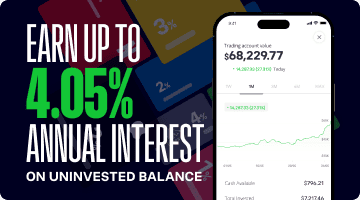What’s driving investor appetite for GLP-1 drugs?
You’ve more than likely heard of Ozempic, the diabetes drug made by Danish healthcare giant Novo...
Novo Nordisk: Will the Stock Recover or Drop More?
Novo Nordisk ($NVO) has been one of the most influential healthcare companies thanks to its obesity...
The Michael Saylor Bet: How One Company Went All-In on Bitcoin
MicroStrategy ($MSTR): The Corporate Bitcoin Treasury Pioneer
MicroStrategy, once primarily an...
Fortinet: a GARP Opportunity in the Cybersecurity Sector
Summary points:
The sharp stock price drop after a solid earnings report is an entry or...



